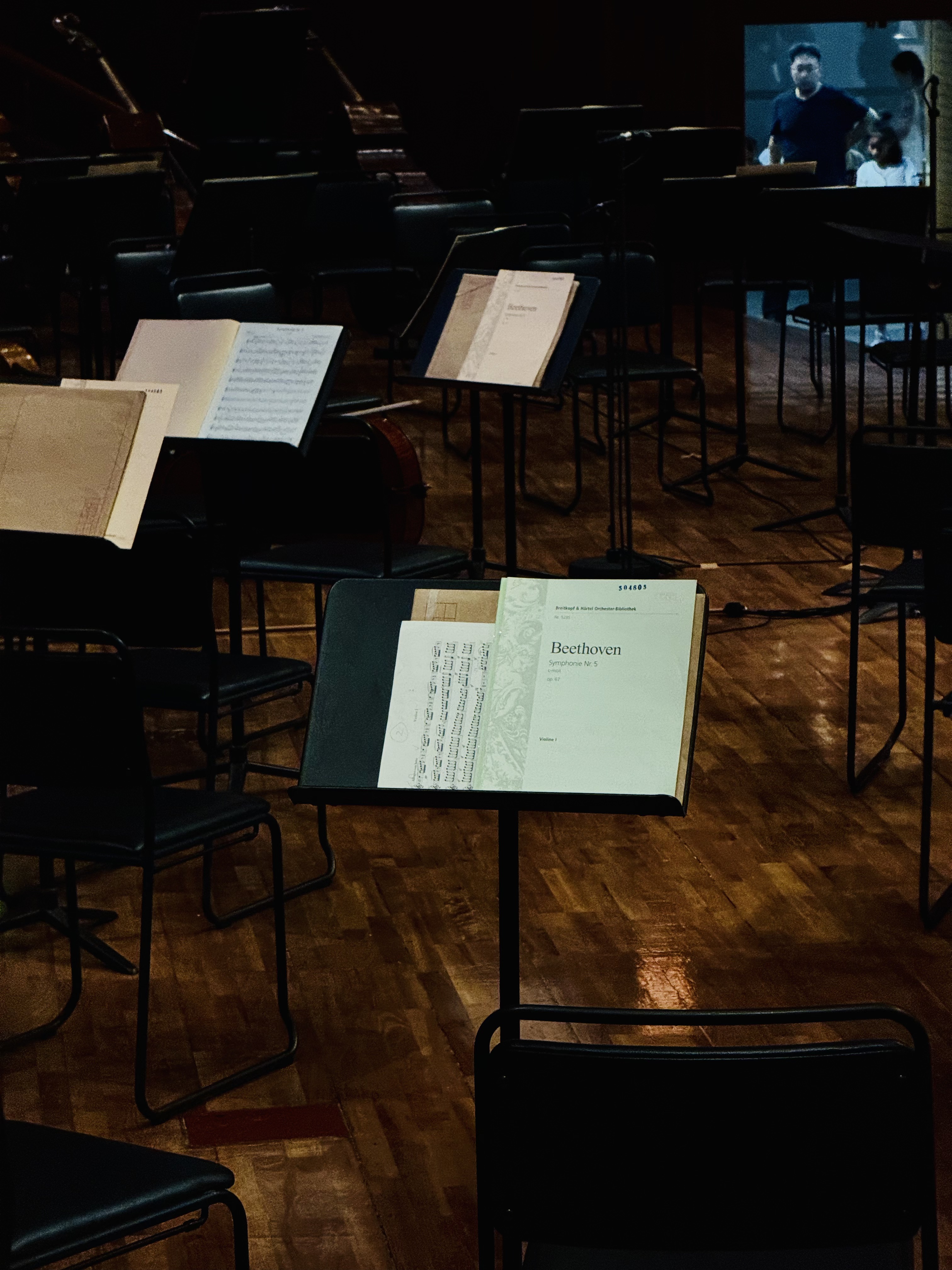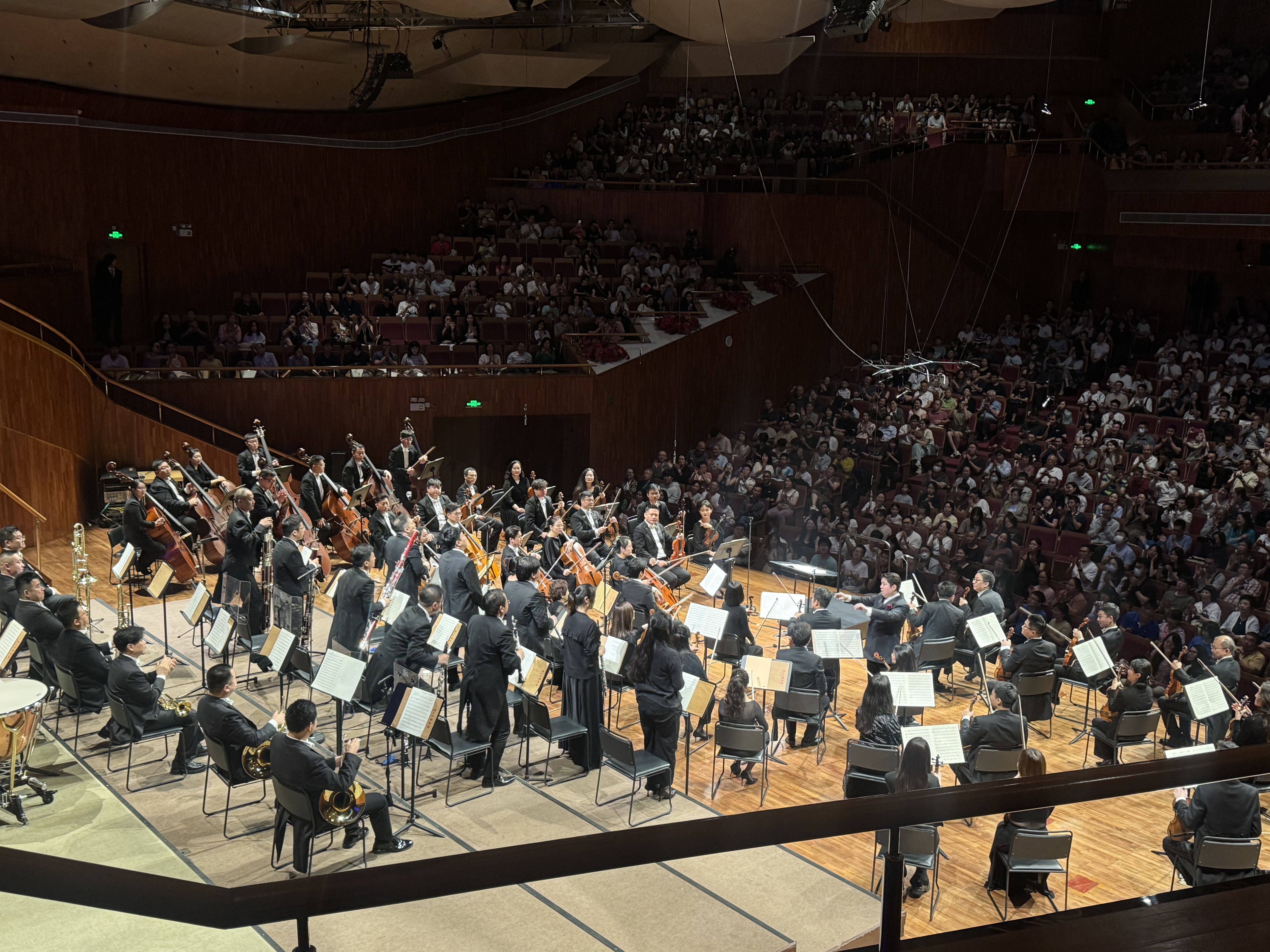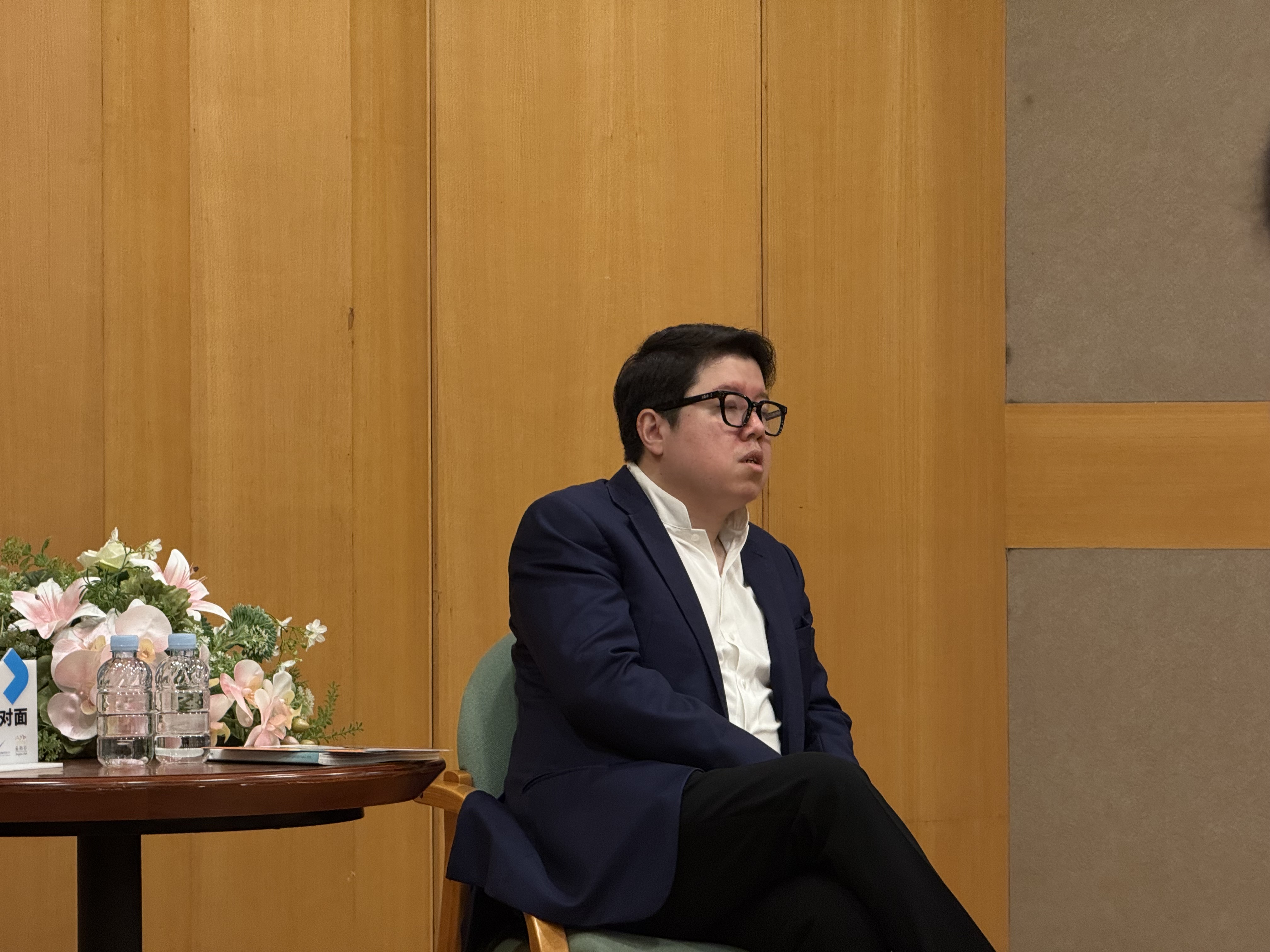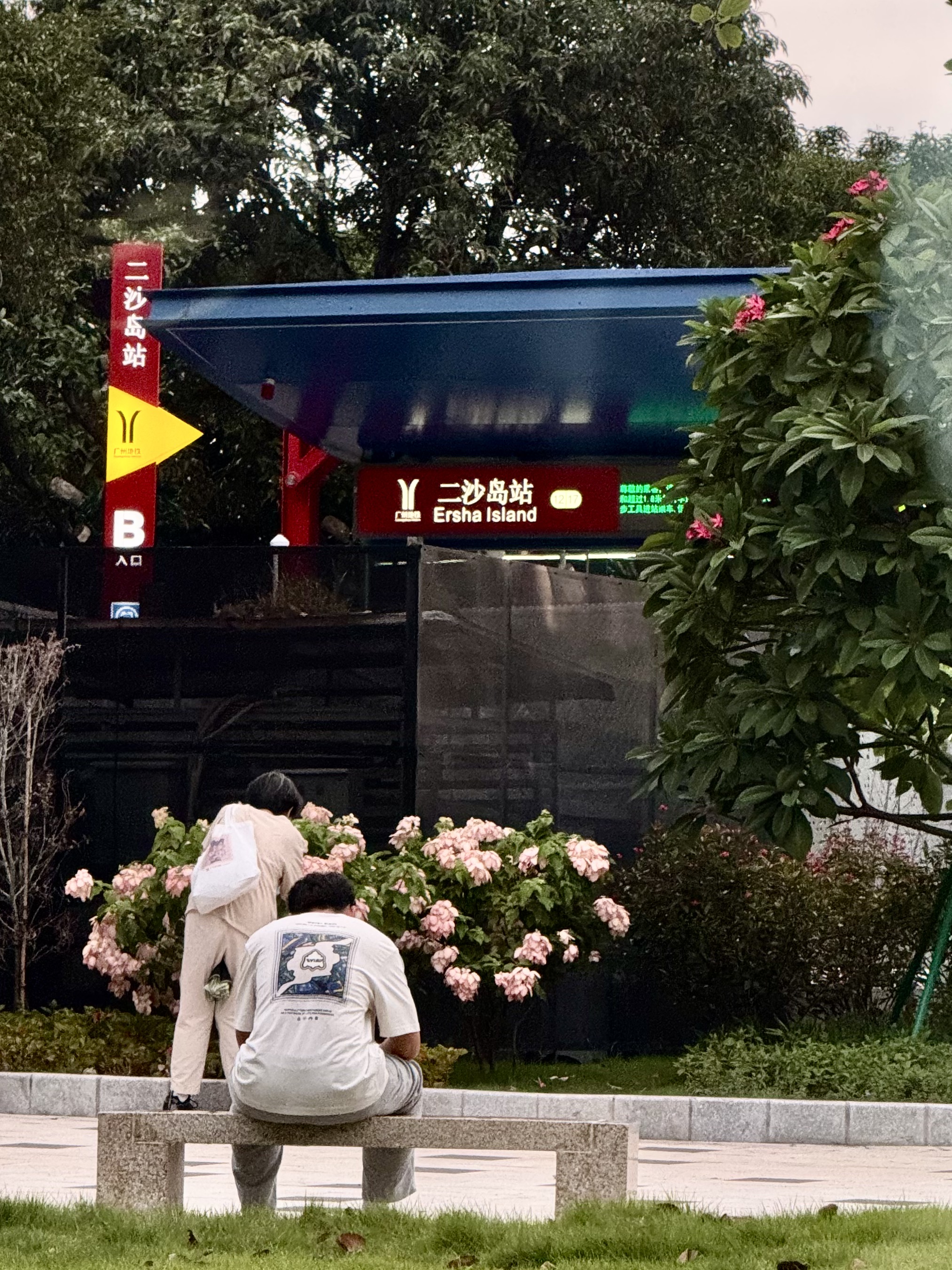My hometown has a genuinely strong orchestra — the Guangzhou Symphony Orchestra. It doesn’t have an all-star woodwind section like the Berliner Philharmonic, but having played in its affiliated Youth Orchestra during high school, I know the musicians are well-trained professionals. Plus, our artistic directors and conductor are not only well-connected but are themselves part of the core of China’s elite classical music scene.

Oh, and fun fact: Guangzhou Symphony Orchestra often don’t give encores.
Tonight’s program was all-Beethoven: the Egmont Overture, Symphony No. 1, and after intermission, Symphony No. 5. The orchestra played superbly. The conductor, Huang Yi (黄屹), joked during the pre-concert talk about being “a little OCD” — fortunately, that’s exactly the kind of personality you want at the podium. The sound blend well, the tempos are precisely aligned, and even the notoriously risky French horn made no mistakes. In terms of performance quality, the orchestra deserves five stars.

GSO’s Xinghai Concert Hall has outstanding acoustics. (Like, significantly better than the Shanghai Symphony Orchestra’s Jaguar Concert Hall. While Guangzhou’s hall offers an immersive, three-dimensional sound, some sections in Shanghai’s venue feel thin, even, and acoustically flat)
Still I don’t get Beethoven. Through both Symphony No. 1 and the Egmont Overture, Beethoven takes a short motif — sometimes just a few C-major notes thrown together — and obsessively develops, varies, and repeats it until it becomes a tightly woven musical argument. Or, for some listeners, a tedious one.
His music is hammeringly intense, full of grand, heroic structure and emotions. But I hear too much pretentious self-importance, as if someone’s trying to lecture and impress people: grumpy, loud, dominating the conversation and expecting you to admire their depth while they go on and on about their ideas. I don’t think Beethoven and I would get along…
That said, the first movement of Symphony No. 5 does still appeal to me. Part of it is familiarity — it’s in my playlist, and I’ve probably internalized it through repetition. (Research suggests that repeated exposure increases appreciation.) And part of it, of course, is that Beethoven really is great — often cited as the greatest of all time, not without reason.
On Classical Music in Guangzhou

Conductor Yi Huang’s pre-concert talk. Audience are young.
According to conductor Huang Yi during the pre-concert talk, Guangzhou has one of the most “tolerant” classical music audiences in China. Programs featuring Beethoven’s Fifth consistently sell out, and the public here is also unusually open to avant-garde repertoire — unlike, say, Shanghai, where audiences are known to be more selective and even amateurs blog a lot of usually picky comments in Red Notes.
And I like the atmosphere: the energy inside the hall is real. Seats are full, applause is enthusiastic, and the dress code is relaxed — you can comfortably sit front row in T-shirts and shorts, as long as you don’t wear sandals… The demographic is notably young. The pre-concert talk I attended was designed for around 80 people, but packed over 120 — mostly in their 20s or 30s, with some children attending as well. It feels like a genuinely growing and engaged audience for the decades to come.

Finally, a subway station to the symphony hall.
An anecdote: the Xinghai Concert Hall sits in Ersha Island — the cultural and geographic heart of Guangzhou, comparable to the Central Park area in Manhattan (housing in the neighborhood exceeds 100 million RMB) And until recently, there wasn’t even a subway station nearby — allegedly due to years of (unverified) resistance from local residents.
Classical music in Guangzhou looks to be on solid footing for the upcoming decade. Here’s hoping for more Tchaikovsky programs in the seasons ahead…